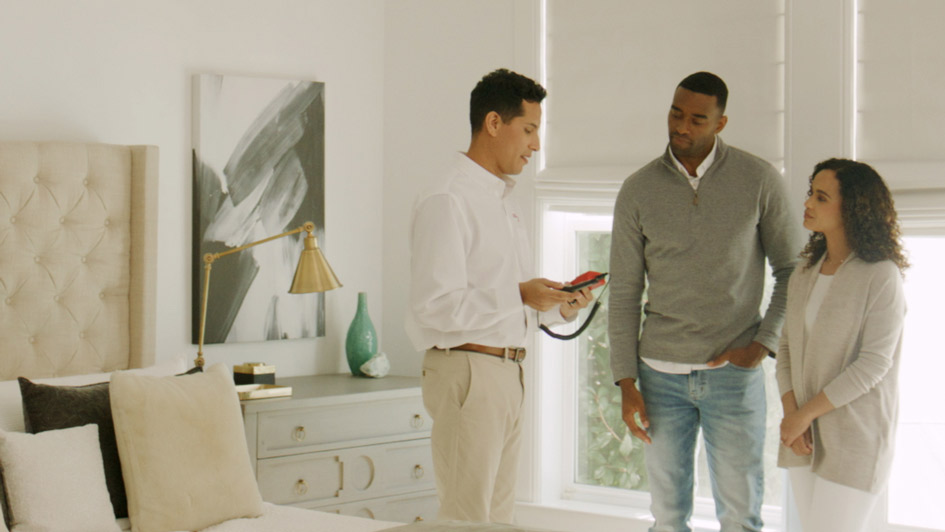
Even after temperatures are ideal indoors, some homeowners notice their sense of comfort doesn’t quite feel complete. The usual culprit is poor indoor air quality, with allergens and airborne debris leading to a number of problems. From aggravating asthma to promoting mold, fighting for high air quality should be considered an important part of your overall HVAC plan.
Fortunately, there’s a solution within reach. Whole-house air purifiers can filter out these annoying particles, providing better health and well-being. And as the name suggests, they’re capable to do so for the entire house! Installing an air purifier with help from Herman Allen Plumbing, Heating & Cooling may be the last thing you need to iron out those lingering comfort problems.
But wait, aren’t there portable air purifiers you can use instead? Even though the principle is similar Is the Smarter Choice
Cost can be a thorny obstacle, and some people view the more affordable price tag of a portable air purifier as a key plus. But if your ultimate goal is optimal air quality all year long, the strength of whole-house air purification becomes evident:
- A single system ensures clean air throughout your home: You won’t have to drag a portable purifier around from room to room since whole-house models are powerful enough to remove pollutants across your entire home.
- Far more economical over time: Rather than keeping multiple units in different rooms, a single, whole-house air purification system ensures high air quality all by itself. This kind of resilience also prevents dust and debris from making it into the rest of your HVAC system, as this could boost the efficiency of your other climate control products.
- Reduced upkeep needs due to fewer filter clogs and lower pollution levels: Clogged air filters are one of the most common reasons you notice problems with your HVAC system’s effectiveness. An air purification system helps keep these filters from getting clogged to begin with thanks to their own impressive designs. For example, air purifiers with a HEPA filter give you access to superior air quality for residential properties.
For a Typical Household, Look for MERV Ratings Around 8
The Minimum Efficiency Rating Value (MERV) system was developed to help homeowners get a clearer idea of the degree of air filtration they’re working with. While high MERV ratings mean more filtration, that may not be something your average home requires.
The scale goes up to 20, but this would be excessive outside of specialized facilities like the surgery theater in a hospital. For your own personal use, a MERV rating of 8 is usually enough. The air quality experts at Herman Allen Plumbing, Heating & Cooling can help you determine precisely which option will satisfy your needs.
